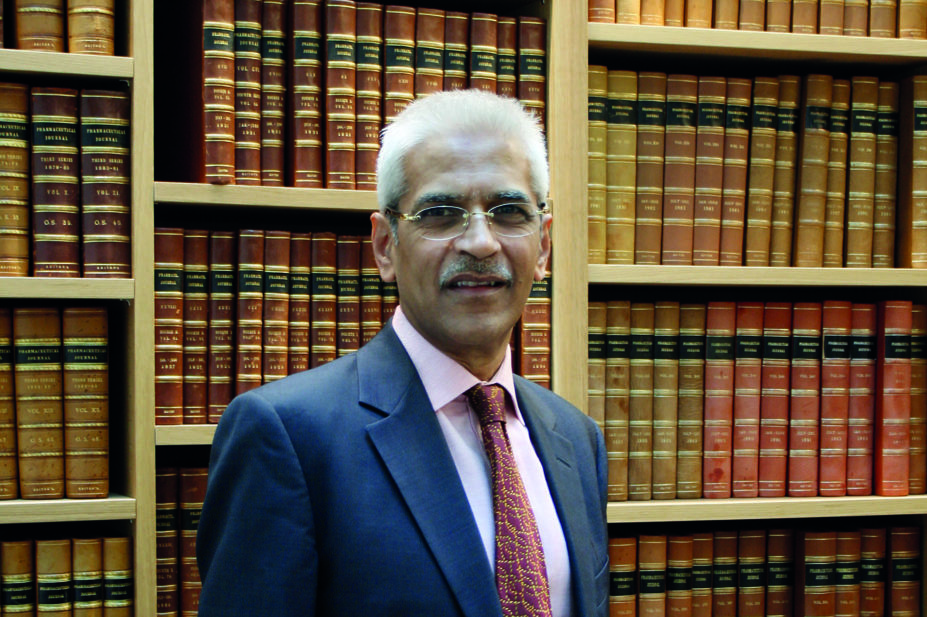
MAG / The Pharmaceutical Journal
Students and foundation-level professionals in Scotland are invited to become peer champions for the Scottish Intercollegiate Guidelines Network (SIGN). A pilot project, SIGN Multidisciplinary (MDT) Champions, has been developed by Mahendra Patel, a member of the English Pharmacy Board and the Royal Pharmaceutical Society (RPS) Assembly.
SIGN, part of the Evidence Directorate of Healthcare Improvement Scotland, develops and shares clinical guidelines containing recommendations for best practice based on current evidence.
The MDT Champions pilot project will launch in September 2017. During the project, selected students and professionals will learn about SIGN before going out to share their learning among their peers from multiple disciplines including pharmacy, medicine, nursing and social care.
The pilot aims to promote the use of SIGN guidelines; increase engagement with SIGN; foster links with universities; and lead to a greater number of guideline proposals. Students and early career professionals taking part will gain networking experience while enhancing their own knowledge. Foundation level champions will be able to claim CPD for taking part in the training sessions included as part of the pilot.
The pilot draws upon Patel’s experiences developing the NICE National Student Champions Programme, and the RPS Pharmacy Student Champions Programme. It expanded on the previous champion programmes, said SIGN, by “involving the patient’s voice in the training session, extending recruitment to social care professionals and broadening the scope of peer-peer knowledge exchange to the broader multidisciplinary team”.
“All national champion programmes I’ve been involved in developing to deliver have a parallel, sector-based approach, and have only involved students,” says Patel. “The NICE student champions programme, for example, is split across students in medicine, pharmacy, nursing and dentistry. Rather like lanes in a swimming bath, they run parallel but don’t cross over.
“The SIGN MDT champions programme builds on the NICE model of early years learning, but it’s integrated and multidisciplinary. It also brings in social care, and we’re embedding patients at the very forefront and delivering it to Foundation years and beyond. These days, there is more and more integrated work in healthcare in terms of practice, delivery and service provision. So it’s important to help facilitate that from an early stage — to have joined-up working with other healthcare professionals, [and] underpinning evidence-based practice in order to ultimately improve health outcomes.”
To recruit champions, SIGN will place a call to universities, who will then select students for nomination to the pilot. The pilot will be evaluated, and is is intended that the findings will be presented at the 2018 Guidelines International Network (G-I-N) conference. “The SIGN MDT champions programme is unique — the first of its kind,” Patel said. “Following the pilot, it is envisioned that we could, through NICE, translate this programme into England and Wales.”
Patel successfully made the case for the new pilot project at a SIGN board meeting on 14 June 2017, which was chaired by John Kinsella, professor of anaesthesia at the University of Glasgow’s school of medicine, dentistry and nursing, and attended by representatives from across the sectors including the Royal College of General Practitioners, Royal College of Nursing, Royal College of Psychiatrists, Healthcare Improvement Scotland, NHS Education Scotland and the RPS.

